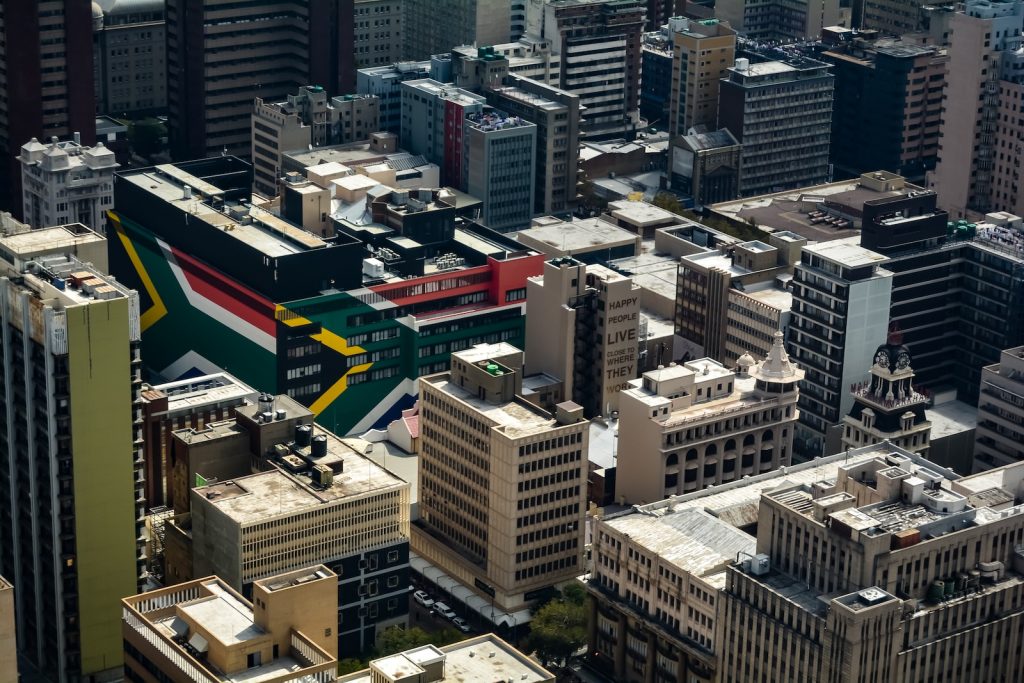Mediation is a practice that involves the use of a well trained, neutral, third party to help parties in a dispute to reach a mutually agreeable solution. It is a process that has been used for centuries to resolve conflicts and promote peaceful resolution of disputes. In South Africa, mediation has become an increasingly popular method for resolving disputes, especially in the realms of family, labour, commercial and community conflicts. Its main benefits for YOU include the following:–
Speed – whereas it can take years to get to trial in the litigation process used by lawyers in court, mediation can be arranged within a few weeks, maybe even faster. It can be held in a neutral venue, on very short notice. In divorce (or business partnership disputes), the process can be conducted by the two parties and the mediator, without the inclusion of anybody else. It may take a few sessions, but provided you have both had some help in preparing your cases (see the FREE guide, coming out soon – watch for an announcement on this site).
Cost saving – Mediation has a very good record of success; where the parties go willingly to mediation, the rate of success is greater than 80% and even where the parties go to mediation reluctantly, the rate of success in obtaining a quick settlement exceeds 70%.

In South Africa, mediation has been embraced as a way to promote social justice and equity. The country has a long history of inequality and conflict, and mediation is seen as a way to address these issues in a peaceful and collaborative way. It has been used in a variety of contexts, including labor disputes, community conflicts, and even political negotiations.
One of the key benefits of mediation in South Africa is its ability to promote participation. YOU and your opponent get to play the decisive role in reaching a settlement – the mediator’s job is to help you communicate. He or she is trained to keep the discussion on track; he does not make decisions for you and does not support either side. Mediation processes involve all parties in the dispute, giving everyone a voice and an opportunity to be heard. This can help build trust and promote a sense of shared ownership in the outcome of the dispute. As a result, settlements have a far greater success rate than a judgment arrived at after a long and expensive court case.
Another important aspect of mediation in South Africa is the emphasis on cultural sensitivity and diversity. Mediators are trained to be aware of and respectful of cultural differences. This can help ensure that the mediation process is effective for all parties involved.
Parties to a conflict work out their own settlement, rather than having a result imposed on them by a judge or anybody else. They also have greater flexibility, not being bound by the strict rules of a trial court. In fact, the process often leads to an improvement in relationships, whether in family or business disputes.